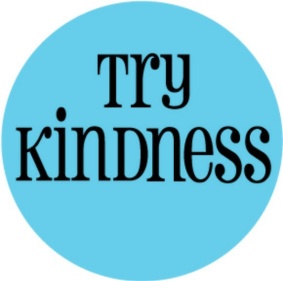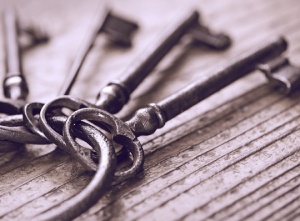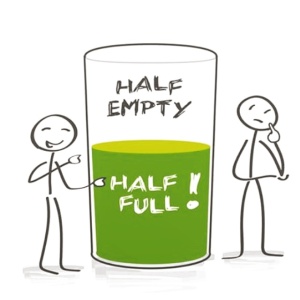Why I'm not "Good People"
By: Jenny Gadget
I’m not a nice person.
I’m not a good person.
I’m not a kind person.
This isn’t to say that I don’t ever try to be any of these three things. I do, especially the last two.
It’s more to say that, for me, surviving in this cissexist, racist, ableist, heteronormative, classist, often fucked up world of ours has involved rejecting the idea that “good” and “bad” are static states of being. I will never be a “good person” because, to me, “good” is not something that you achieve. It’s an ongoing process that never ends.
It is, in fact, almost impossible not to be doing bad things as well as good when you are human and therefore flawed. Especially when you are part of a messed up system, as we all are.
This, to me, is why it’s important to call out bad behavior, or hurtful language, or even ways of framing the world that make it easier to ignore harm that is being done to others.
Not because people deserve to be shamed or judged or called out, but because we are all fish who sometimes forget that the water is there, and part of helping each other do better involves pointing out when we didn’t do as well as we could have.
Since the world is complex (and not just in bad ways), the fact that we have the same goals doesn’t mean that we will always agree. It may not always be possible to determine who was “right” and who was wrong about the choices people make or the words they use.
But this is where my librarian training kicks in and points out that more speech is better than less. That it’s better to let people know what it is that you think they could have done better, so that they can decide for themselves if they want to change or not, rather than never giving them that option. It’s also important to be specific about it, so that no one is left second guessing everything they do and say.
To me, it’s a sign of trust, to tell someone when what they did or said hurt you. That’s not a thing you tell people when you think they won’t care. Or worse, will use it to hurt you more.
When I tell people that what they said was sexist, or racist, or otherwise hurtful, I don’t do it because I want to hurt them. I don’t do it because I think they are bad people. I don’t do it because I think they are irredeemably sexist, while I’m a perfect feminist, a model for everyone to follow. I’m not specific about what they did wrong simply because I want to nitpick, I promise you that I have better things to do with my time.
I do it because this is what I truly believe, and because I have faith in their ability and willingness to do good things. And most of all because I have faith that they will respect my opinion even if they disagree with it.
So I want to ask everyone out there who is asking all us to “keep YA kind” to remember that, while criticism is hard to take, criticism is not lack of kindness. It’s often a measure of trust.
Everyone has flaws, everyone messes up. That includes you, that includes me. That includes the author you admire, the friend that has always been there for you, the teacher that inspired generations.
That someone is “good people” should never be an excuse for not listening, or used to admonish others for speaking. Because “good” is something that you make the decision to do every second of every day, not something that you acquire and then use as a shield.
I have so much more to say on so many things that has happened this past week. And so many links to smart women who you should really listen to more than me. Hopefully I’ll even manage to make some link lists and get those words out and onto paper – er, pixels. But I wanted to start with that, because I think it’s the most fundamental.
If you don’t trust that I am trying to do good as well, that my anger is a sign of hurt and not hate, that the opinions I express are genuine and not merely performative, that I am in fact trying to be kind to a great number of people, even when you disagree with me, even when I say things that hurt you or your friends or make you uncomfortable, then this conversation is never going to go anywhere.
Instead, “kindness” will once again become a way to reinforce the status quo, rather than a call to be more compassionate and empathetic.
Instead both “kind” and “good” will be used to avoid examining the problems we most certainly have, a way to once again NOT have the hard and complicated and uncomfortable conversations that are long overdue.
– Jenny
https://jennyslibrary.wordpress.com





